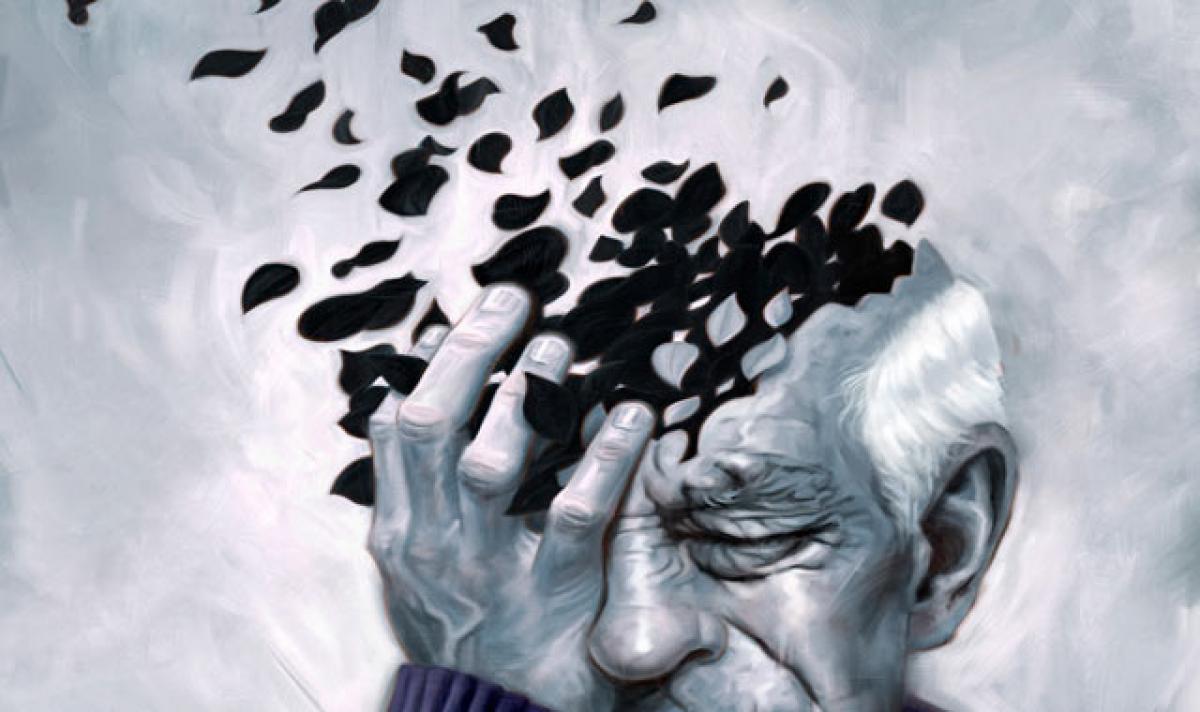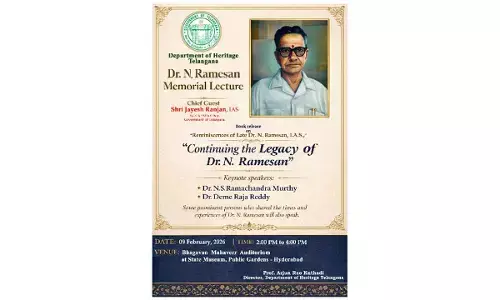Chronic pain may increase dementia risk in elderly

Older adults with persistent pain show quicker memory decline as they age and are more likely to have dementia years later, an indication that chronic pain could be related to changes in the brain, researchers have found.
Older adults with persistent pain show quicker memory decline as they age and are more likely to have dementia years later, an indication that chronic pain could be related to changes in the brain, researchers have found.
The study, led by researchers from the University of California San Francisco, showed that people who suffer from chronic pain tend to have diminished attention capacity and impaired memory.
Specifically, when pain is severe or causes patients to ruminate, it could divert enough attention to interfere with the consolidation of memory.
As a result, these adults face a harder time with tasks from daily routine, such as independently managing their medications and finances.
The findings of a study point toward new ways of thinking about how to protect older people from the cognitive insults of ageing, said lead author Elizabeth Whitlock, postdoctoral student at University of California.
"Elderly people need to maintain their cognition to stay independent," she added. An increased dementia risk could be the result caused by higher intake of painkillers, such as opioids, the researchers said.
It could also be that the experience of pain somehow compromises the brain's ability to encode memories and other cognitive functions.
Another possibility is that the emotional stress of being in pain activates stress-hormone pathways in the body that have been implicated in cognitive decline.
The study may help pain to be used as a marker for increased risk of future cognitive decline even if the biological basis of the association is still unclear, Whitlock noted.














